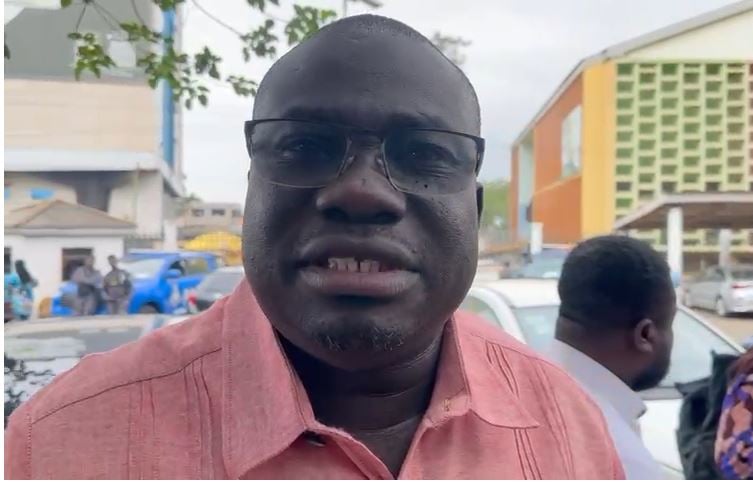The arrest of Kwame Baffoe, also known as Abronye, the Bono Regional Chairman of the New Patriotic Party (NPP), has ignited a debate on political polarization in Ghana. Former Dormaa East MP, Paul Twum Barimah, has appealed to President John Dramani Mahama to intervene and de-escalate the situation, advocating for dialogue and an end to what he describes as political antagonism. Baffoe’s arrest, on charges of offensive conduct conducive to breaching the peace, has drawn criticism for the perceived heavy-handedness of the police response, further fueling concerns about the increasing politicization of law enforcement.
Twum Barimah, while expressing support for Baffoe, emphasized the need for due process and justice to be served in a manner that does not exacerbate political divisions. He questioned the necessity of the large police presence during the arrest, characterizing it as disproportionate and suggesting a perception of Baffoe as a dangerous criminal rather than an individual accused of a relatively minor offense. This, he argued, contributes to a climate of fear and mistrust, undermining efforts towards national unity and peaceful political discourse.
The former MP’s central argument is that the current political climate in Ghana is characterized by a cycle of reprisals, with each successive government seemingly targeting political opponents. He contends that this pattern of politically motivated arrests and prosecutions is unsustainable and will continue to destabilize the country unless addressed proactively. Twum Barimah warned that without deliberate efforts by political leaders to bridge divides and foster mutual respect, this cycle will persist, regardless of which party is in power.
He underscores the importance of addressing the root causes of political antagonism, particularly inflammatory rhetoric and the tendency to criminalize political differences. Twum Barimah believes that open dialogue and a concerted effort to de-escalate tensions are crucial to breaking this cycle. He sees the President as playing a key role in initiating this process, urging him to convene a national conversation to address the issue of political insults and antagonism.
Twum Barimah’s call for dialogue is not merely a plea for leniency in Baffoe’s case, but a broader appeal for a fundamental shift in Ghana’s political culture. He argues that the current approach, characterized by what he perceives as politically motivated prosecutions and excessive police responses, is counterproductive and ultimately harms the nation’s democratic fabric. He suggests that a focus on reconciliation, communication, and mutual respect among political actors is essential for fostering a more stable and unified Ghana.
In essence, Twum Barimah frames Baffoe’s arrest as a symptom of a deeper malaise within Ghanaian politics. He believes that the incident highlights the dangers of unchecked political antagonism and the urgent need for a national conversation on how to foster more constructive and respectful political engagement. His appeal to President Mahama is a call for leadership in navigating this challenging terrain and guiding the nation towards a more peaceful and democratic future. He maintains that a failure to address these issues will result in a continuation of the current cycle of political reprisals, further entrenching divisions and undermining the nation’s stability.


